Chill wallets dampen Christmas market
Updated: 2014-12-26 07:39
By Wu Yixue(China Daily USA)
|
||||||||
This Christmas season has been one of chill, both for businesses and shoppers in China, compared with last year. Not many high-end restaurants, unlike in the past, have offered expensive Christmas and New Year Eve dinners or customized packages. Even middle-grade and ordinary restaurants have refrained from making special arrangements for the Western festive season.
Still, marketing managers have used available means to draw shoppers, by decorating shop windows and entrances with plastic Christmas trees and chic Santa Clauses. Quite a few hotels and restaurants, which normally cater to the rich, are offering Christmas and New Year eve dinners and/or entertainment programs at affordable prices. For example, Kinsley Sheraton Hotel in Nanjing, Jiangsu province, charged 998 yuan ($160) per person, against almost 2,000 yuan last year, for a traditional ballet performance on Christmas Eve. And a mid-level hotel in Dalian, Liaoning province, offered guests expensive food packages at comparatively moderate prices.
The response of not only businesses but also consumers to Christmas this year has been lukewarm, as indicated by media interviews with people nationwide. This has made many wonder whether Western festivals are losing their charm in China.
The Christmas shopping season and celebrations mainly have young Chinese urbanites - and the ever-growing middle and upper classes - as their targets. Until recently, the popularity of Western festivals in China grew in tandem with the country's fast economic growth and opening-up. Western festivals' popularity in China can also be attributed to the country's integration with the rest of the world and Chinese people's increasing acceptance of foreign cultures. Although not an official holiday, Christmas has come to be regarded by many Chinese as a break from busy work schedules, and a time for shopping, get-togethers and dinners with friends and relatives. Retailers cashed in on the trend by offering discounts and organizing sales, creating a booming "Christmas economy".
But the Chinese leadership's campaign against extravagance and waste, which began two years ago, dealt a serious blow to the sales of high-end consumer products, including expensive wines and cigarettes, and spelt the doom for luxury catering services. Owing to the ongoing national austerity drive, many high-end services have lost business and are on the verge of bankruptcy. For example, Beijing Xiang'eqing Co Ltd, a high-end catering service group, has reportedly shifted to information technology and real estate to offset the drastic fall in revenues owing to the decline in its catering business.
The Xiang'eqing case, despite being a small example, reflects the tremendous pressure China's high-end catering and service sectors are under. The high-end products' market has lost its sheen also because of the slowdown in China's economic growth and the weak expectations of a considerable rise in people's incomes.
Because of the central authorities' vow to curb the unreasonable income growth among top managers of monopolistic enterprises, the income growth of State-owned banks' employees have reportedly declined. The guidelines on employees' incomes issued by 23 provincial-level governments recently too signify a tangible decline in income growth compared with previous years. For instance, Guangdong province's baseline for income growth in 2014 is set at 9 percent, 1.5 percentage points lower than last year. And this declining growth in income has dampened people's enthusiasm for consumption, including during the Christmas season.
Chinese people love festivals and are known to splurge during holidays. But for most of them traditional festivals such the Lunar New Year are still the most important occasions for shopping. Besides, market campaigns to prompt people to loosen their purse strings during other Chinese and Western festivals have been blurring the line between important and not-so-important festivals.
In times when Chinese people are lured into spending during an increasing number of Western festivals - from Christmas and Halloween to Valentine's Day and Thanksgiving - as well as new Chinese shopping days such as the "Single's Day" or "Double 11" (Nov 11), how many can be expected to open their wallets on all the occasions? Being pragmatic, Chinese people are gradually realizing the folly of being compulsive consumers.
The author is a senior writer with China Daily. wuyixue@chinadaily.com.cn
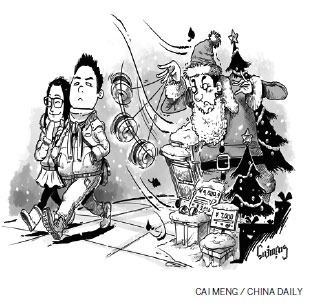
(China Daily USA 12/26/2014 page17)

 Merry Christmas
Merry Christmas
 Marbury plans to never leave China
Marbury plans to never leave China
 Across Canada Dec 25
Across Canada Dec 25
 Former US president Bush still in hospital
Former US president Bush still in hospital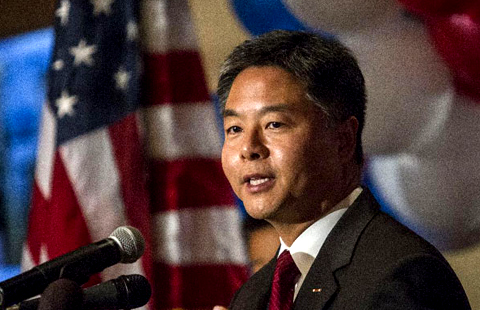
 Overseas Chinese make their mark in elections
Overseas Chinese make their mark in elections
 China praises submarine crew's emergency handling
China praises submarine crew's emergency handling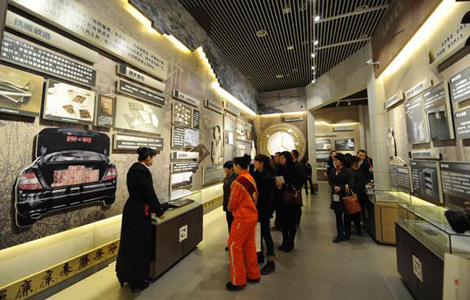
 Watchdogs to be deployed in top central govt bodies
Watchdogs to be deployed in top central govt bodies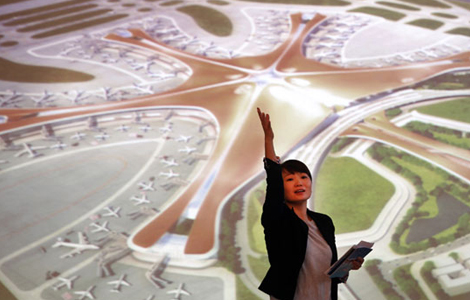
 New Beijing airport to be operational in 5 years
New Beijing airport to be operational in 5 years
Most Viewed
Editor's Picks

|

|
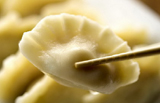
|

|

|

|
Today's Top News
Nevada builds on economic ties to China
Marbury plans to never leave China
China, US look at assessing food quality
Outbound investment curbs to be relaxed in China
Festive cheer as Guangdong exports soar
Avon among US companies violating FCPA
Ex-president Bush still in hospital
Florida lobsters find market in China
US Weekly

|

|







